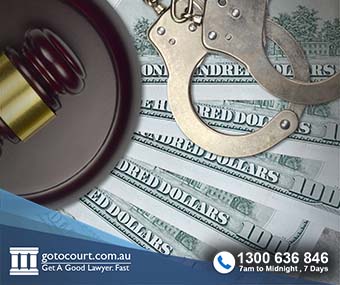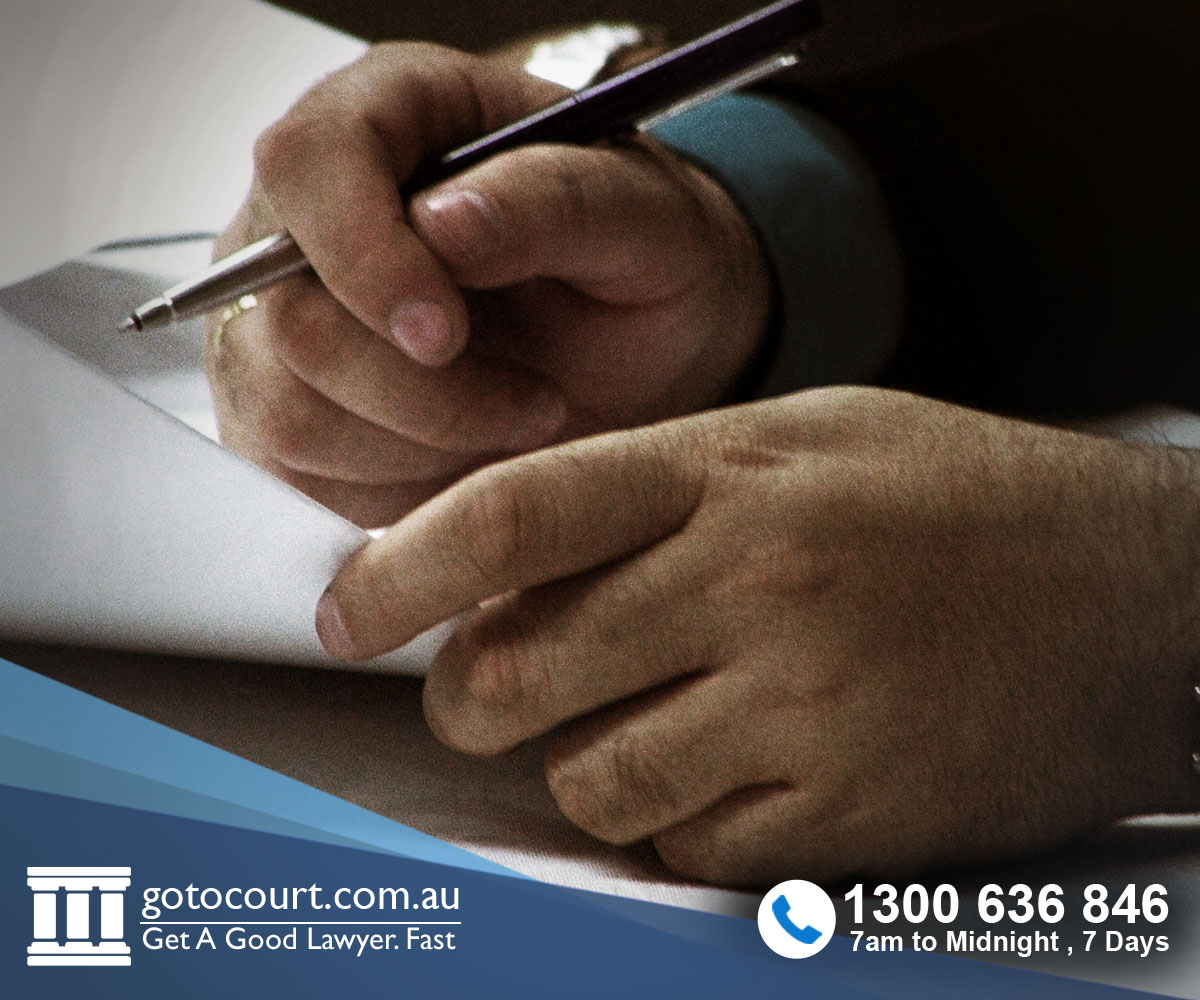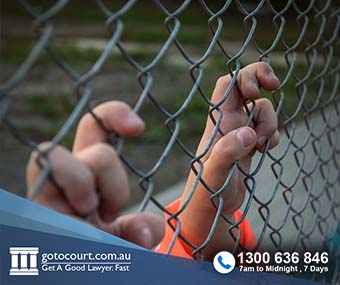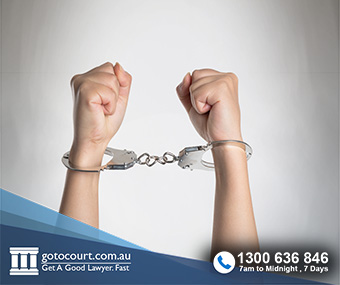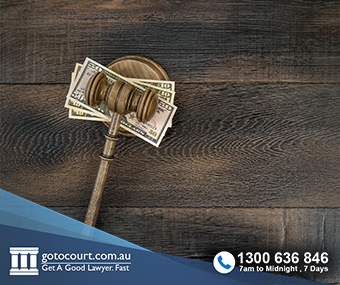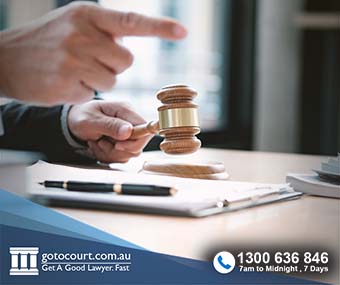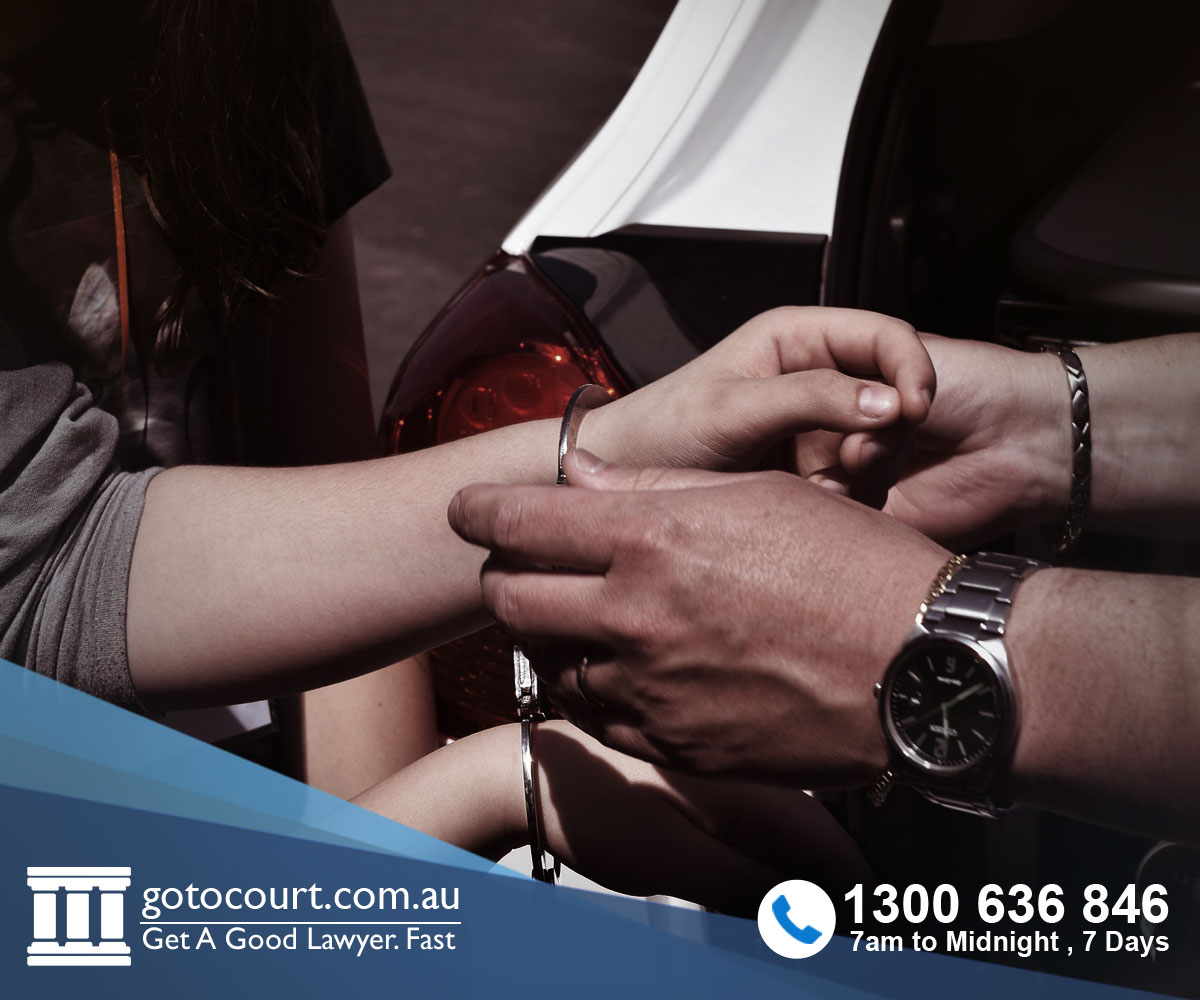Call our lawyers
now
or,
have our lawyers
call you
Applying for Bail in the Supreme Court (Vic)
Updated on Oct 17, 2022 • 5 min read • 414 views • Copy Link
Applying for Bail in the Supreme Court (Vic)
When a person is charged with criminal offences in Victoria, they are either released on bail or remanded in custody. A decision about bail may be made by the police or by a court. While the majority of decisions about bail are made by magistrates, in some cases the Supreme Court considers applications for bail, variations of bail, revocations of bail and appeals of bail decisions. When bail is sought in the Supreme Court, a written application and response must be filed. This page deals with applying for bail in the Supreme Court of Victoria.
Legislation
Decisions about bail in Victoria are made under the Bail Act 1977.
When a child is applying for bail in Victoria, the decision-maker must also take into account provisions of the Children, Youth and Families Act 2005.
The Criminal Procedure Act 2009 also contains provisions about grants of bail in Victoria.
When is bail sought in the Supreme Court?
An accused person may apply to the Supreme Court in relation to bail in the following situations:
- Where bail has been refused by a magistrate or judge and the accused appeals that decision;
- Where bail has been granted by a magistrate or judge and the accused seeks a variation of the bail conditions;
- Where bail has been refused by police and the charges are to be dealt with on indictment in the Supreme Court.
Process of applying for bail in the Supreme Court
To apply for bail or to seek a variation of bail conditions in the Supreme Court, a person must file a Notice using Form 6-1D stating the grounds for the application. The Notice must be supported by an affidavit setting out the evidence in support of the application. These documents must be filed electronically via RedCrest.
Once an application has been filed, it must be served on the other party. The court will then inform parties of the date of the bail hearing, the deadline for filing a response and any other outstanding issues.
Urgent applications
If a bail application is urgent, the applicant must contact the Supreme Court Criminal Registry by phone or email prior to filing the paperwork and advise of the reasons the application is urgent, any vulnerability of the accused, whether the accused is Aboriginal or Torres Strait Islander, the other party’s attitude to the application and any other factors that warrant consideration.
Sureties
If bail is granted with a surety, the surety must attend the Principal Registry and lodge the surety money or provide evidence of ownership and equity of property in the amount of the surety. The surety must also complete an affidavit and sign the bail undertaking.
Unacceptable risk test
All bail applications in Victoria are decided by applying the ‘unacceptable risk’ test, which is set out in section 4E of the Bail Act. This test requires bail to be refused if there is an unacceptable risk that, if released, the accused would:
- Endanger the safety or welfare of a person;
- Commit an offence;
- Interfere with a witness or obstruct the course of justice;
- Fail to surrender int o custody in accordance with bail conditions.
Under section 3AAA of the Bail Act, whether a risk is unacceptable is assessed with reference to the surrounding circumstances. This includes the accused’s criminal history, the strength of the case against them, their bail history and their personal circumstances.
Exceptional circumstances test
If the person applying for bail is charged with a Schedule 1 offence such as murder, treason or a serious drug offence, they will have to show the court that there are exceptional circumstances that justify the grant of bail. If exceptional circumstances do not exist, bail will be refused.
Show compelling reasons test
If the person applying for bail is charged with a Schedule 2 offence such as manslaughter, child homicide or an indictable offence allegedly committed while facing proceedings for another indictable offence, they will have to show the court compelling reasons why bail should be granted. If compelling reasons do not exist, bail will be refused.
Bail conditions
If a court has concerns about the risks of releasing a person on bail, it may impose various conditions to mitigate these concerns (section 5AAA, Bail Act). Any conditions that are imposed must not be more onerous than necessary to reduce these risks.
Common bail conditions include a requirement that the accused must report to the local police at particular times, that they must live at a particular address or that they must not consume alcohol or drugs. The court may also require a surety to be paid to the court or an amount of money promised to the court, which may be forfeited if the accused breaches the conditions of their bail.
If you require legal advice or representation in any legal matter, please contact Go To Court Lawyers.

Affordable Lawyers
Our Go To Court Lawyers will assist you in all areas of law. We specialise in providing legal advice urgently – at the time when you need it most. If you need a lawyer right now, today, we can help you – no matter where you are in Australia.How It Works







1. You speak directly to a lawyer
When you call the Go To Court Legal Hotline, you will be connected directly to a lawyer, every time.


2. Get your legal situation assessed
We determine the best way forward in your legal matter, free of charge. If you want to go ahead and book a face-to-face appointment, we will connect you with a specialist in your local area.


3. We arrange everything as needed
If you want to go ahead and book a fact-to-face appointment, we will connect you with a specialist in your local area no matter where you are and even at very short notice.



